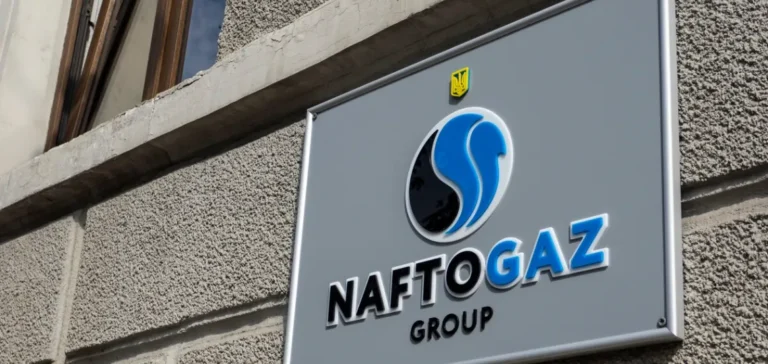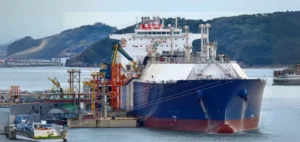Ukrainian state energy company Naftogaz, through its specialized subsidiary Ukrgasvydobuvannya, has launched a new natural gas exploration well. This well has an initial production of 383,000 cubic meters per day, providing a significant boost to the national supply in a complex context related to the ongoing armed conflict. This initiative comes as Ukrainian energy infrastructure has suffered major damage earlier this year, resulting in a notable decline in national production, estimated at around 40%. The Ukrainian gas sector, facing these operational challenges, continues to seek solutions to secure its supply and maintain the country’s energy stability.
Impact of the Damage
For several months, military strikes on critical energy installations in Ukraine have led to a substantial reduction in natural gas production capacity. This reduction is particularly evident in key production sites managed by Ukrgasvydobuvannya, where damaged equipment requires heavy, costly, and prolonged repairs. The new well thus represents an attempt to mitigate the effects of this damage, ensuring partial continuity of national gas production. The goal is also to gradually reduce dependence on energy imports, which has increased since the conflict began.
Direct Economic Consequences
The decline in Ukrainian gas production directly affects the country’s economic balance, particularly through the rising costs associated with energy imports. Ukrainian authorities are therefore actively working to restore local production, aiming to gradually return to pre-conflict levels. However, in the short term, the full recovery of production appears challenging given the investments required to restore existing infrastructure. The operational performance of the new well could, however, serve as a key indicator to assess how quickly Naftogaz can offset its current losses.
Local Market Outlook
In the coming months, the evolution of Ukrainian gas production will largely depend on the efforts made by Naftogaz and the funding it can mobilize, particularly through international partnerships. The Ukrainian gas sector remains a crucial element for the country’s economic and energy security. Therefore, this new well represents an important step, though modest compared to the extent of the losses incurred. Industry players will closely monitor the concrete results achieved by Naftogaz, which could guide future investment and operational strategies in the region.






















